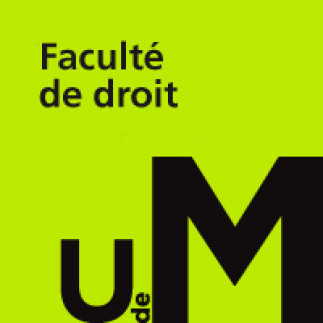Conférence présentée par la Chaire de recherche du Canada sur les identités juridiques et culturelles nord-américaines et comparées (UdeM) et la Chaire de recherche du Canada en droits de la personne et pluralisme juridique (McGill)
Conférence prononcée en anglais
Conférencier
Noah B. Novogrodsky, Directeur, Center for International Human Rights Law & Advocacy
Professor of Law, University of Wyoming
Résumé de la conférence
This conference uses the confluence of incitement to genocide and hate speech in the deportation odyssey of Leon Mugesera to explore the power of stories in law. That power defines how we see the world, how we form communities of meaning, and how we speak to one another.
Previous commentators have recognized that law is infused with stories, from the narratives of litigants, to the rhetoric of lawyers, to the tales that judges interpret and create in the form of written opinions. “Judging Stories” builds on those insights to address the problems posed by transnational speech and the question of which norms apply to inflammatory publications transmitted across borders. This conference introduces the term “master story” to make three related claims. First, states produce and rely upon master stories—constitutive legal narratives—that define political culture and shape the contours of permitted and forbidden speech. Second, judges play a unique role in constructing master stories. Judicial speech is different than other forms of commentary and serves to join law with communal fables in ways that legitimate some stories at the expense of others. Third, courts and tribunals are beginning to use incitement to genocide—but not hate speech—to write a new master story. As geographically and temporally removed tribunals are called upon to adjudicate hateful expression from outside the master story, a global process is unfolding that may serve to reset the balance between unfettered speech and the threat of dignitary harms posed by incendiary language. Channeling international human rights law and norms, judges are supplanting exhortations of hatred with the language of reason in an effort to develop a body of transnational legal rules, a new nomos for an interconnected world.

